
News
Muscle glycogen unavailability and fat oxidation rate during exercise: Insights from McArdle disease
Our purpose was to examine the MFO rate in patients with McArdle disease, comprising an inherited condition caused by complete blockade of muscle glycogen metabolism, compared to healthy controls.
+INFO
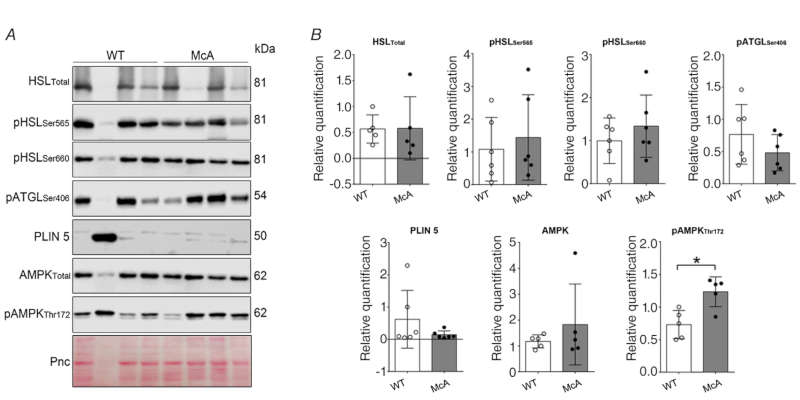
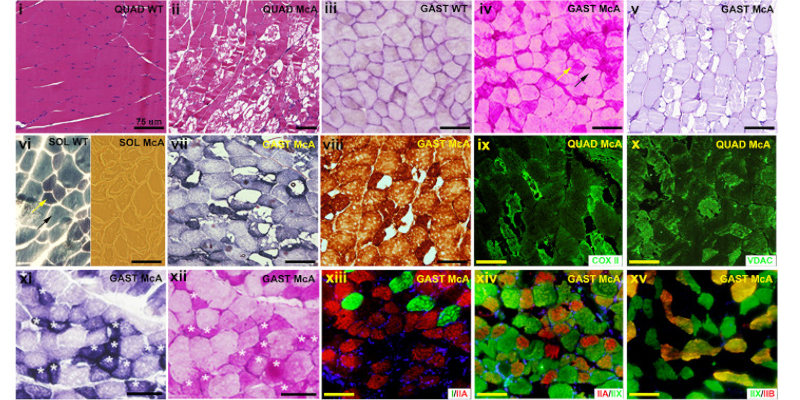
Low aerobic capacity in McArdle disease: A role for mitochondrial network impairment?
Here we hypothesized an additional role for muscle mitochondrial network alterations associated with massive intracellular glycogen accumulation.
+INFO
New APP tool for McArdle disease patients
Mov2improv APP for patients with McArdle disease will be released soon and will be freely accessible in Google Play and Apple Store.
+INFO

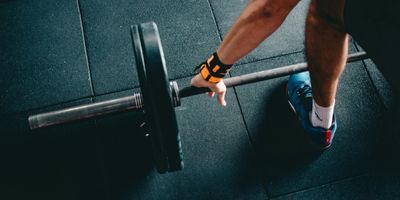
The Second Wind in McArdle Patients: Fitness Matters
A higher aerobic fitness and an active lifestyle are associated with a higher workload eliciting the so-called SW phenomenon in patients with McArdle disease, which has a positive impact on their exercise tolerance during daily living.
+INFO
The potential of a ketogenic diet to minimize effects of the metabolic fault in glycogen storage disease V and VII
To explore the potential of a low carbohydrate ketogenic diet (LCKD) to counter physical activity intolerance, pain and muscle damage for glycogen storage disease (GSD) V and VII, and highlight the realistic possibility that nutrition could be key.
+INFO
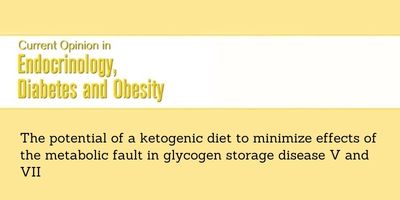
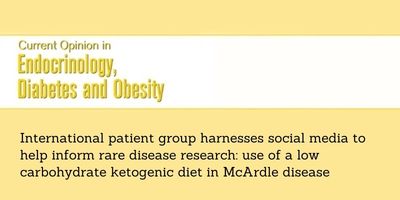
International patient group harnesses social media to help inform rare disease research: use of a low carbohydrate ketogenic diet in McArdle disease
To highlight the benefits of a partnership between patient advocacy organizations (PAO) and clinical researchers in order to clinically study the prior anecdotal patient experience of utilizing a low-carbohydrate ketogenic diet (LCKD) to manage McArdle disease.
+INFO
Natural history of McArdle disease: a single centre study of a cohort of 220 patients
In this study we extensively describe phenotypic and genotypic features of a large cohort of people with McArdle disease, all attending the Highly Specialized McArdle Disease and Related Disorders service at the National Hospital for Neurology and Neurosurgery, London.
+INFO
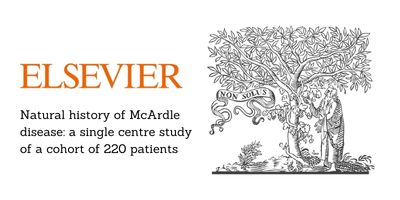
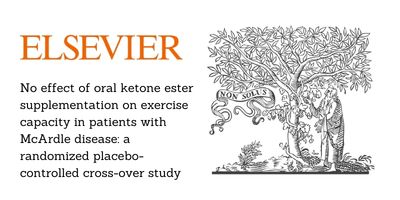
No effect of oral ketone ester supplementation on exercise capacity in patients with McArdle disease: a randomized placebo-controlled cross-over study
Endogenous KBs are produced during fasting and ketogenic dieting; a diet that has shown early promising results but can be difficult to adhere to. This led us to explore the effects of an oral supplementation with exogenous KBs on exercise capacity and metabolism in patients with GSDV.
+INFO
Whole-body muscle MRI in McArdle disease
This study describes muscle involvement on whole-body MRI (WB-MRI) scans at different stages of McArdle disease. WB-MRI was performed on fifteen genetically confirmed McArdle disease patients between ages 25 to 80.
+INFO
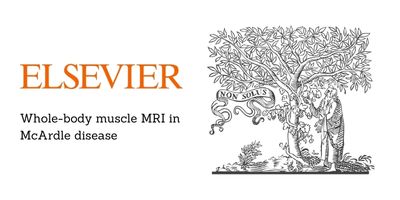
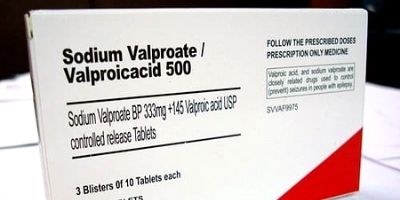
The first two EUROMAC registry articles are now available
The first two EUROMAC registry papers have been recently published (November 2020) in the Orphanet Journal of Rare Diseases.
+INFO

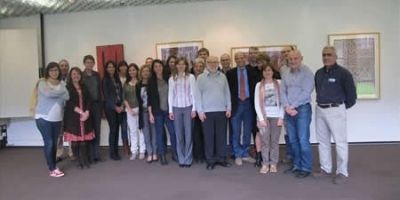
14th May 2013 - The EUROMAC project Kicks Off at the European Comission
The project kicked off this Tuesday, 14 May at the Jean Monet Building (European Commission) in Luxembourg, when the partners sat together with one representative of the European Commission to plan the work to be done over the next 3 years of the project.
+INFO
BIOCAPS Researchers will participate in a European Project on Neuromuscular Mcardle Disease
As well as McArdle Disease, EUROMAC also covers related muscle conditions that are even more rare.
+INFO
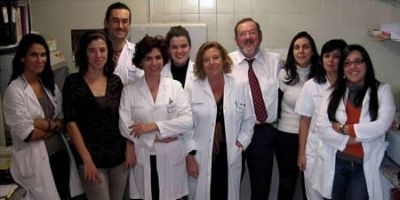
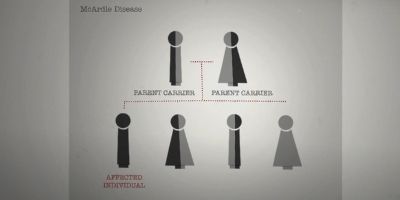
Release of the: EUROMAC project video
Check out the views and feelings from patients affected by MCArdle’s Diseases and other forms of rare glycogenoses.
+INFO
Contact
EUROMAC
Avda. Barcelona nº 174 1º 2ª
08700 Igualada (Barcelona)+34 934 894 054info@euromacregistry.eu



























